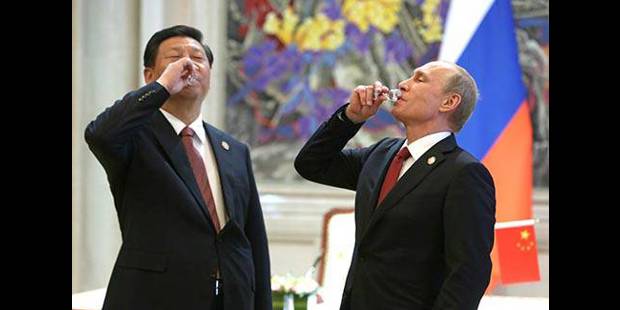Dmitri Trenin
Dmitri Trenin, a former director of the Carnegie Moscow Center, is the author, most recently, of Russia (Polity, 2019).
-
War Games Are No Game

War Games Are No Game
Sep 8, 2021 Dmitri Trenin, et al. call on NATO, Russian, and Chinese military leaders to activate neglected confidence-building mechanisms.
-
China’s Victory in Ukraine

China’s Victory in Ukraine
Jul 31, 2014 Dmitri Trenin says that only one major country stands to gain from Russia's conflict with the West.
-
Securing the Sochi Olympics
Securing the Sochi Olympics
Feb 4, 2014 Dmitri Trenin warns that Russia's effort to prevent terrorist attacks at the Winter Olympics could leave the rest of the country vulnerable.
-
Integrating Russia’s Post-Imperium
Integrating Russia’s Post-Imperium
Nov 2, 2011 Dmitri Trenin
-
Russia Hits the Reset Button
Russia Hits the Reset Button
May 31, 2010 Dmitri Trenin








